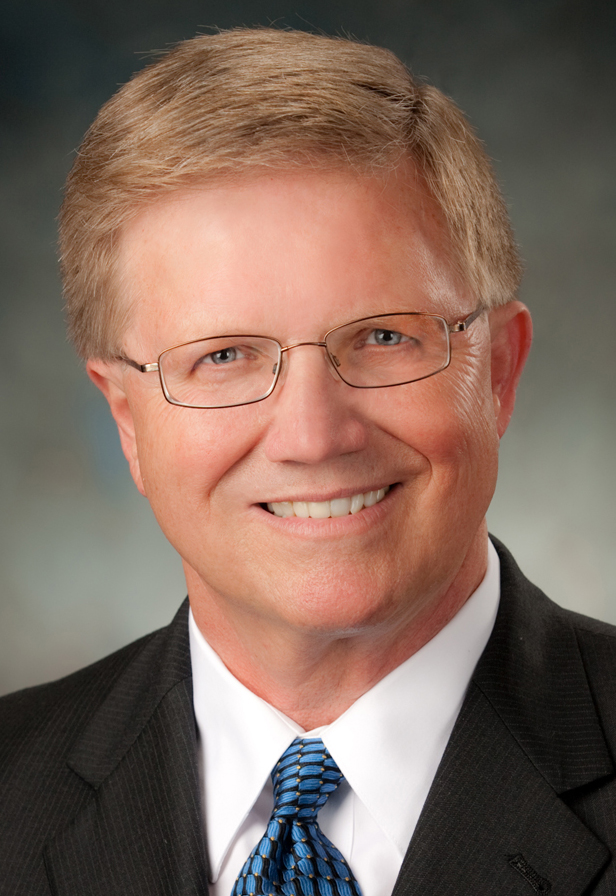The Holy Spirit Helps Us
I got on my Harley the other day to go get the cobwebs out of my mind. It’s amazing how clear my mind can be when I feel the rush of wind in my face and there’s nothing between me and the clouds but God’s clean air and a bird now and then. As it so often has happened in my experience, when I get my mind cleansed of clutter, God speaks with a clarity that is stunning.
I had been struggling with the questions concerning Misty’s health and future–questions about the children, questions about my son and his ministry. I wasn’t worrying and I wasn’t panicking. I just needed a word from God.
God spoke. Over the roar of that 96 cubic inch engine with the Screamin’ Eagle exhausts, I could hear God.
And you know what? God speaks in Greek! Some have argued that the language of heaven is going to be Hebrew since that was the language of the Old Testament people of God. But, now, I know better.
Yep, on that day God spoke one word to me—“sunantilambanomai.” That’s Greek, of course; and you can find it in Romans 8:26 as “helpeth” (KJV) and “joins to help” (HSB). “In the same way the Spirit also joins to help in our weakness, because we do not know what to pray for as we should, but the Spirit Himself intercedes for us with unspoken groanings” (Romans 8:26 HCSB).
The Greek word is a word picture. It is made up of two prefixes and a verb. “Sun” means “with,” and “anti” means “over against” or “opposite” or “instead of.” “Lambono” means “to take hold.” Here’s the picture—the Holy Spirit comes “alongside” us in our service, especially our praying, and “with us” or “over against us” He “takes hold of” the burden of ministry and prayer and concern. He doesn’t replace us; he joins us and helps us.
What I heard God saying when I heard “sunantilambanaomai” is this: “I’m not going to remove the burden. I’m not going to let you escape the struggle of carrying the load of prayer and trust. But the Holy Spirit is going to join you to help in your weakness. He will lift it enough so that, even though the load will seem unbearable at times, you will make it. Your prayers will be effective. Your faith will not fail. You have a companion in the struggle. You will not be alone.”
The old song says, “Take your burden to the Lord and leave it there.” That may not be exactly biblical. Consider, for instance, the New Testament concept of patience. The word “hupomone” is translated “patience” or “endurance.” It, too, is a word picture. It literally means “to stay under” a burden or a load. It doesn’t mean the load gets lighter; it means you don’t quit. You keep on praying and working and preaching and sharing and giving. You’re not a quitter, even though the road is tough and the load is heavy.
Every time I come across hupomone in my Greek New Testament, a picture enters my mind. I see the old image of the Greek god Atlas, remember? In the ancient Greek mythology, the world is borne up by the god Atlas, who holds the world on his shoulders. He “stays under” the load. That’s “hupomone” or patient endurance.
Rather than taking our burdens to the Lord and leaving them there, the Bible tells us to bear them patiently. We refuse to quit. When it hurts, we don’t stop. When we don’t think we can take another step, we trudge on. Patiently. With endurance. We don’t give up.
Sunantilambanomai tells me that I won’t bear the burden alone. I won’t pray alone. I won’t suffer alone. I won’t give alone. I won’t love perseveringly alone. The Holy Spirit takes hold of the load, and with me, over against me, opposite me He helps carry the load. He prays with and through me. We works with and through me. He endures with and through me.
Because He won’t quit, therefore I won’t quit. Because He won’t fail, I won’t fail.
I didn’t know that Alice was aware of the reason for my going on the ride that day. When I returned, however, she asked me, “Did you get it all worked out?”
I smiled and said, “I really did.” I later explained to her what I’m telling you now. As usual she said, “You know, that’s how I’ve always felt about it. The Lord is with us, helping us, even when we don’t realize it and when we would rather have a different outcome. He’s always there.”
She doesn’t need a Harley to get her mind cleared. I haven’t figured out how she does it. She doesn’t play golf and she doesn’t ride a Harley. I could save a lot of money if I knew her secret. But she won’t tell me. She says, “You wouldn’t understand.”
It’s a gender thing, I’m thinking.
(Copyright 2011, Alan Day)

Alan Day (1948-2011): Dr. R. Alan Day was pastor of First Baptist Church, Edmond, for 25 years. He also previously pastored churches in Mississippi, Texas, and Louisiana. A prolific writer, Day is the author of two books, Lordship . . . What Does It Mean? and Family First, and a contributing author for Baptist Theologians. He served the Baptist Messenger as a columnist for several years, writing a weekly Baptist Doctrine series from 1999-2002, then an “I’m Glad You Asked” column in 2005.
Alan Day tragically passed away in February 2011 following a motorcycle accident.
 Warren Wiersbe Podcast
Warren Wiersbe Podcast
- An error has occurred, which probably means the feed is down. Try again later.
 Sherwood Baptist Podcast
Sherwood Baptist Podcast
- An error has occurred, which probably means the feed is down. Try again later.
